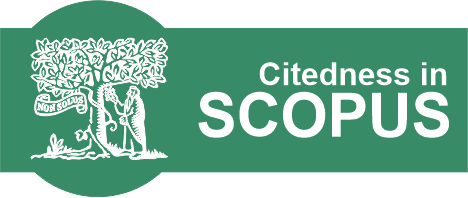Analysis of Productive Zakat Management as Effort to Prosper Mustahik In The City Of Tangerang (Case Study In Baznas Of Tangerang City)
DOI:
https://doi.org/10.70072/rangkiang.v3i1.138Keywords:
Baznas, Mustahik, Productive Zakat, WelfareAbstract
Productive zakat refers to the management of zakat which aims to produce long-term economic benefits for Mustahik (zakat recipients) through economic empowerment, productive zakat can be an effective instrument to reduce poverty levels and improve community welfare. Tangerang City is one of the cities in Indonesia that has a significant potential poverty rate. In writing this thesis, the author uses qualitative research. Qualitative research is research that goes directly to the object or location of the research to find out directly the current situation and interact with the person concerned. Productive zakat to prosper the mustahik economy is carried out by the Tangerang City National Amil Zakat Agency with a productive zakat program. By being directed to help the community in building economic barns to support their daily needs. And also the allocation of productive zakat is carried out to improve living standards. This is done so that the poor can be empowered and not given compensation or zakat continuously. The mechanism for distributing productive zakat carried out at BAZNAS Tangerang City is the provision of business capital from programs in the form of Z-Mart, Z-Chicken, Z-coffee and Tangerang Emas. This can be seen from the increase in mustahik income after receiving productive zakat assistance. Proper management of productive zakat is able to improve the mustahik economy, especially in increasing income.




















